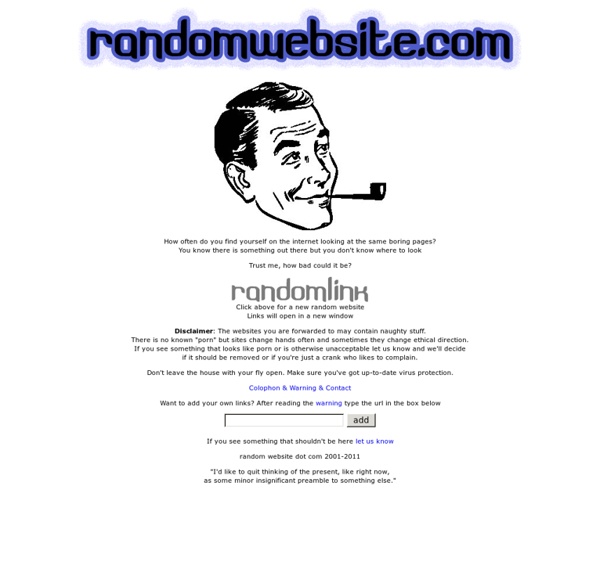



The Only 8 Things You Need To Know About Rosé Wine The Hole NYC Life is a game. This is your strategy guide 682k shares Share on Facebook Share on Twitter Real life is the game that – literally – everyone is playing. But it can be tough. This is your guide. Basics You might not realise, but real life is a game of strategy. Most importantly, successful players put their time into the right things. Childhood Life begins when you’re assigned a random character and circumstances: The first 15 years or so of life are just tutorial missions, which suck. Young adult stage As a young player, you’ll have lots of time and energy, but almost no experience. This is the time to level up your skills quickly. Now that you’re playing properly, your top priority is to assign your time as well as possible. This may sound simple, but the problem is you won’t always know what tasks to choose, and your body won’t always obey your commands. How to obey your own commands Many players find that when they choose to do something – say “go to the gym” – their body ignores them completely. This is not a bug. Where you live
ScienceDaily: News, Videos & Articles in Science, Health, Technology & Environment Ear piercing instrument A piercing gun An ear piercing instrument (commonly referred to as a piercing gun or an ear piercing gun) is a device designed to pierce earlobes by driving a pointed starter earring through the lobe. Piercing guns may be reusable or disposable. Piercing guns are typically used in mall jewelry shops. Piercing guns have been widely criticized as dangerous among professional body piercers. Design and use[edit] An ear being pierced with a piercing gun Traditional model[edit] On the oldest types of piercing gun, one starter stud is manually loaded into a receiving tube, and its matching friction back is loaded into a holder closer to the main part of the instrument. A piercing gun employing a disposable cartridge Disposable cartridge model[edit] Some newer models of piercing guns use a disposable cartridge, sometimes called a cassette.[4] With these models, the stud holder and clasp holder are entirely disposable. Hand clasp model[edit] Criticism[edit] Use on areas other than the ear lobe[edit]
taz.de - Schlagzeilen Frequency Geekosystem - Your Geek Guide To Tech & Internet Culture Creating planets and space art in Photoshop Hope you enjoy this tutorial, specialy written for photoshopcafe.com by raul bermudez ,elemento. “create dont steal” First start by creating a new document. I will recomend at least 1000x1000. On the new layer fill the circle with the base color of your planet in this case Orange, you can pick any color you like Duplicate it 2 more times and give the following names: Disable your shadow layer for now and select your atmosphere layer, go to layer styles and enter the settings as shown here. Don'r forget to set the layer mode to “screen” Now you should have something like this: Now, we are going to add texture, please be creative take your own pictures (or find royalty free ones online) to create your planets. We will use the orange texture at this stage. If you followed the steps right you should have something like this. Yes, we are missing the Shadow layer. Make it visible now, select the base but make sure you have selected the shadow layer and apply Gaussian Blur. You like it?
Izismile.com Bottoms up! Part 1 2leep.com: Connecting Bloggers The 16 Best Western Movies Few figures in history have had as powerful an impact on American masculinity as the cowboy. For over a century, the cowboy has — for better or for worse — been a standard of rugged individualism and stoic bravery for the American male. While the mythologization of the American cowboy began all the way back in the 1880s with dime novels and Wild West shows, it wasn’t until the advent of twentieth century cinema that the cowboy cemented his place as an icon of manliness. The Western has been a popular genre of cinema since the very beginning of film, and successive generations of filmmakers have used the “Wild West” as a backdrop on which to explore the social issues of their respective eras. Many of the early silent films at the beginning of the 20th century were Westerns, the most famous being 1903′s The Great Train Robbery. During the 1920s, the Western film genre produced some of Hollywood’s first megastars such as Tom Mix and William S. High Noon Best line: “Don’t shove me Harv.